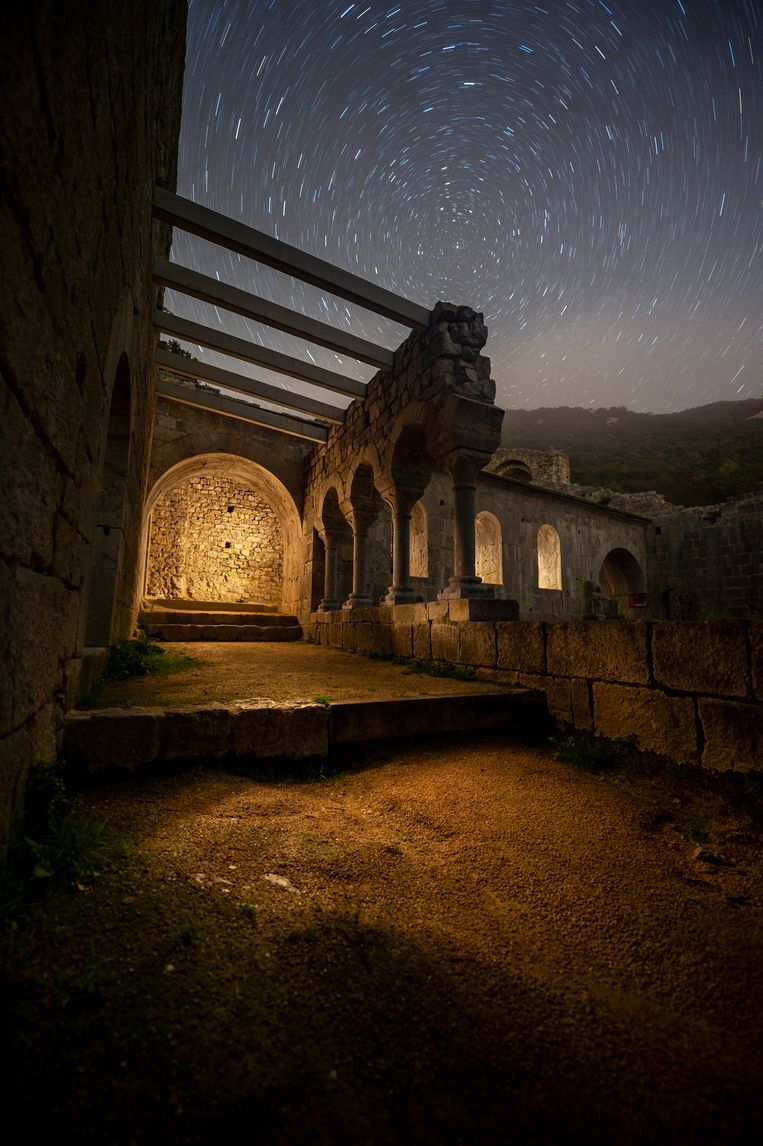
Splinter Chabot (1996) is a writer with a message that can be summed up as follows: Be open, honest about your deepest pain and doubts, and trust others, however difficult and embarrassing that may be. With previous books in particular rain sweetsHe made it to crowds of wandering souls – no doubt he succeeded with him again If heaven had enough space† Contrasted with Chabot’s unequivocally positive ambition, it sounds like a stinging question to critics, like a pedantic wailing over the question of form, because that’s great, it all helps when needed, but: Are these books really that good?
To start with something positive: Almost every chapter contains a successful sentence. Worse news: Those successful sentences are surrounded by the spread of extremism that hardly matters.
Torture thoughts
There is nothing wrong with the basic principle, and it is as simple as it is tried and tested. Magnus and Elias, unconditional friends, go on a backpacking trip. Like any journey it is an epic journey, it is at the same time an exploration of magical realms and an inner quest – especially into the darkness in Magnus’ head, to the ultimate rescue. It remains unclear whether the Friends are on their way to perdition or redemption and if there is ever a non-destructive way out of Magnus’ “torture thoughts”.
It could have been exciting. Combined with Chabot’s better descriptions, The Voyage book could have easily survived a few errors.
But there are no trolley loads.
maddening
Not crazy over-talked characters like a “fat oily” man, a “busy ant” bakery or a “doll showing a little blueberry pie” – all in just two pages.
Neither the wisdom of life nor comparisons and certainly not the combinations of it: “The future is like water. We swim in it, but we don’t really know where.
Not the constant mutual adulation between two friends; Magnus who, according to Elias, is “incapable of dullness.” Is there anything more boring in character? Something more stressful? unjust?
Not a lack of irritability, aggression, boredom, or quirks. This is not true friendship, but its opposite: a superficial plastic version. Just as the succession of colorful strangers and enchanted places, the clichés of fairy tales, indicate not a rich imagination, but a lack of imagination.
In his best and most original sentences, Chabot proves he can do just that, writing novels. If only he could delete half as well.

If heaven has enough space
Splinter Chabot
The platform, €24.99, 576 pages.
See also:
Publisher Sladjana Labovic about the Splinter Chabot in De Klapstoel: ‘He writes the way he wears it: very flowery. This may not be for everyone, it’s a taste. But I want to see more of them.

“Coffee buff. Twitter fanatic. Tv practitioner. Social media advocate. Pop culture ninja.”











More Stories
Which can cause an increase in nitrogen.
The Central State Real Estate Agency has no additional space to accommodate Ukrainians.
The oystercatcher, the “unlucky national bird,” is increasingly breeding on rooftops.